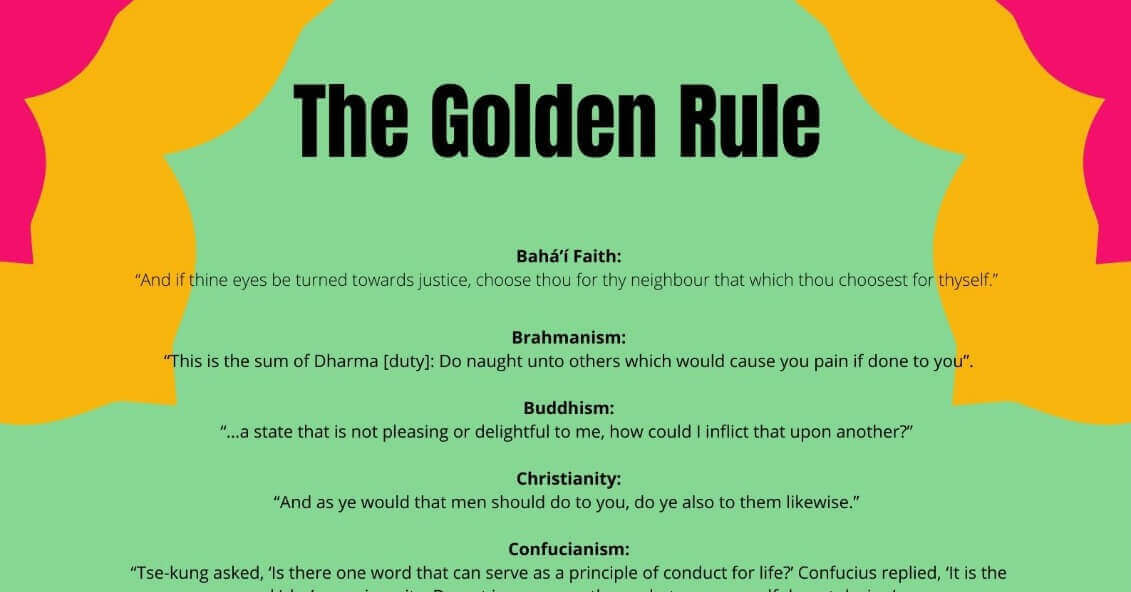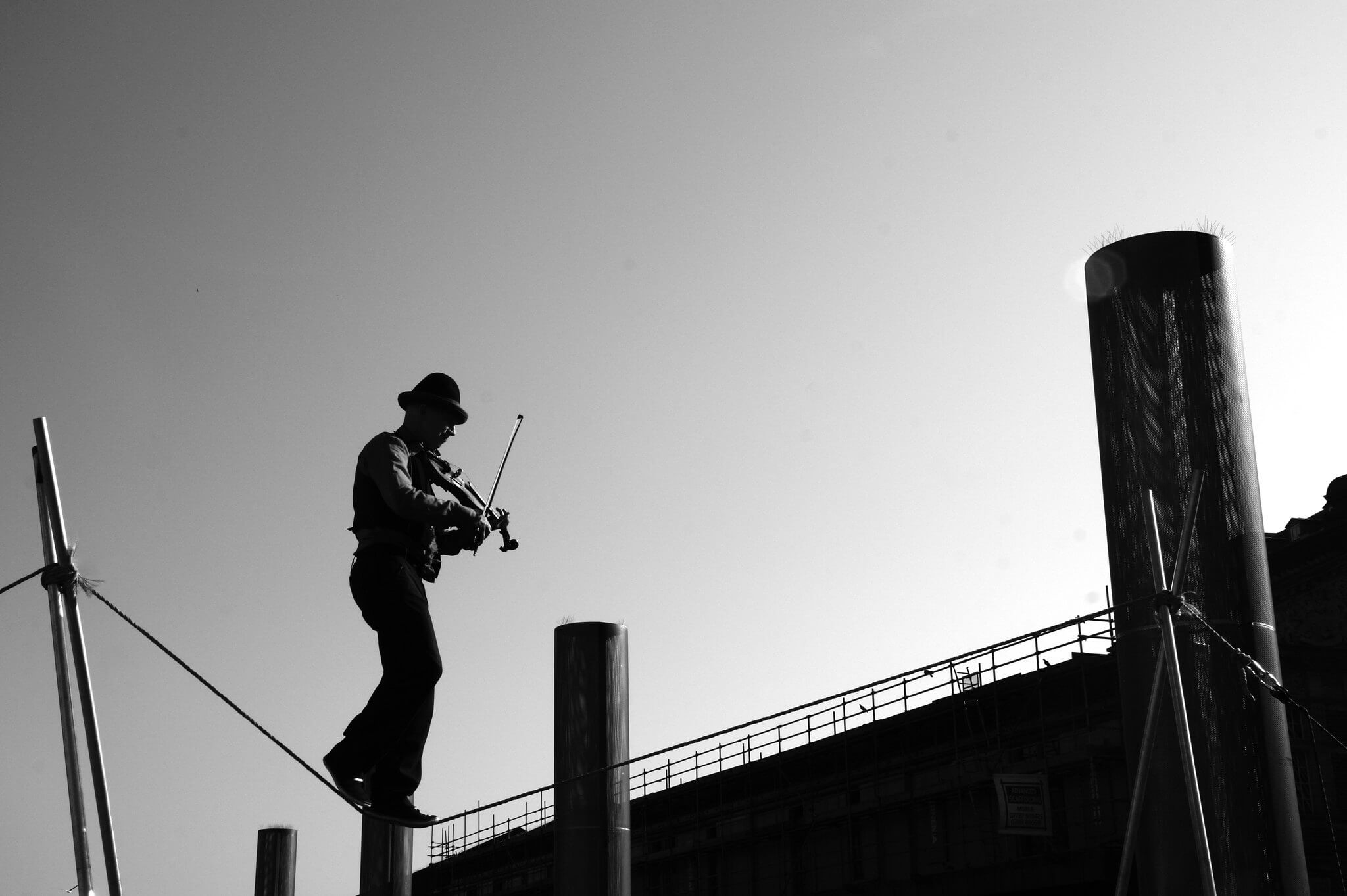Conversations
Children & Homelessness
Children & Homelessness
The last time a global survey of homelessness was carried out, the UN concluded that there were 100 million homeless people worldwide. That was in 2005.
The last time a global survey of homelessness was carried out, the UN concluded that there were 100 million homeless people worldwide. That was in 2005.

Ten years later an NGO called ‘Habitat for Humanity’ estimated that 1.6 billion people around the world live in inadequate shelter. According to UNESCO, ‘tens of millions’ of the global homeless population are children.
Child homelessness is not a problem limited to the developing world. It exists everywhere. America is one of the world’s wealthiest nations but in 2014 a report compiled from census data there and from the Department of Education showed that 2.5 million children in the US experienced homelessness. That’s one in every 30 children.
This year in Ireland 0.17% of the population is homeless – that’s more than 8,000 people who are living in insecure or emergency accommodation. Of these, more than 3,000 are children.
According to the EU homelessness can be defined as living without a secure roof over your head – and that definition includes roofless, houseless or living under threat of eviction. The American Psychological Association has expanded the definition to include those who live in overcrowded or doubled-up situations.
Children
Elimination of Prejudice
The consequences for children who experience homelessness are enormous, the relative severity of their impact depending on the circumstances and duration of the homelessness.
At the very least their physical health and emotional wellbeing are likely to be affected. They may suffer from depression and anxiety. They may experience a multitude of both short term and long term effects of interruptions to their education. They may experience nutritional problems, which in severe cases can affect brain development; and in time they may evince social and behavioral problems too. At the more extreme end are the so-called street children who live in unspeakable conditions of extreme danger and who die young.
The cost to the world of the tens of millions of homeless children is incalculable.
The cost to the world of the tens of millions of homeless children is incalculable.
The cost to the world of the tens of millions of homeless children is incalculable.
Human Right
Elimination of Prejudice
Seventy years ago, in the aftermath of World War II, the Universal Declaration of Human Rights was adopted by the UN General Assembly. Article 25 states:
“Everyone has the right to a standard of living adequate for the health and well-being of himself and of his family, including food, clothing, housing and medical care and necessary social services, and the right to security in the event of unemployment, sickness, disability, widowhood, old age or other lack of livelihood in circumstances beyond his control.”
Seventy years later, more than a billion human beings are deprived of one of those most basic of human rights – housing.
“Children are the most precious treasure a community can possess..."
“Children are the most precious treasure a community can possess..."
“Children are the most precious treasure a community can possess..."
Millions of children are living in homeless shelters, in unsuitable temporary accommodation, in refugee camps, on the streets. Deprived of the comfort and security of a stable home, mothers and fathers strive to create some kind of nurturing environment where their children can grow and develop in healthy ways. Some fail, and some heroically succeed against all the odds.
The cost to the world of the tens of millions of homeless children is incalculable. At its simplest the human race lies at the loss of the gifts they could bestow on us, the laughter and joy suppressed, the discoveries never made, the inventions never born, the poems never even conceived. At its most complex the loss is within our own selves, the denial of our own humanity which could make a difference and chooses not to.
Children: A Precious Treasure
Elimination of Prejudice
Some years ago in reflecting on the place of children in our world the international governing body of the Bahá’í Faith had this to say:
“Children are the most precious treasure a community can possess, for in them are the promise and guarantee of the future. They bear the seeds of the character of future society which is largely shaped by what the adults constituting the community do or fail to do with respect to children. They are a trust no community can neglect with impunity. An all-embracing love of children, the manner of treating them, the quality of the attention shown them, the spirit of adult behavior toward them—these are all among the vital aspects of the requisite attitude.” (Universal House of Justice 2000)
Nearly 20 years later the plight of the children of the world has dis-improved. Then, we could not have imagined that young children would spend years and years of their lives living in Ireland in Direct Provision, exposed to unsafe adults, their mothers forbidden to cook for them, their experience of home life perhaps one room in a former army camp. We could not have imagined that 3,000 Irish children and 2.5 million American children would be homeless. We could not have imagined the catastrophic movement of whole populations including small children, as they flee from war, persecution, prejudice and wholesale economic deprivation.
The question for me is: what am I going to do about it?
The question for me is: what am I going to do about it?
The question for me is: what am I going to do about it?
But so it is.
The question for me is: what am I going to do about it?
If children are indeed “the most precious treasure a community can possess”, then the question of their safety, wellbeing and education is a question for everyone, not just for charities or faith groups or even Governments.
Some more Conversations
Some more Conversations
© 182 / 2026 | The National Spiritual Assembly of The Bahá'ís of Ireland | info@bahai.ie | (01) 6683 150 | CHY 05920 | RCN:20009724
© 182 / 2026 | The National Spiritual Assembly of The Bahá'ís of Ireland | info@bahai.ie | (01) 6683 150 | CHY 05920 | RCN:20009724
© 182 / 2026 | The National Spiritual Assembly of The Bahá'ís of Ireland | info@bahai.ie | (01) 6683 150 | CHY 05920 | RCN:20009724
© 182 / 2026 | The National Spiritual Assembly of The Bahá'ís of Ireland | info@bahai.ie | (01) 6683 150 | CHY 05920 | RCN:20009724










